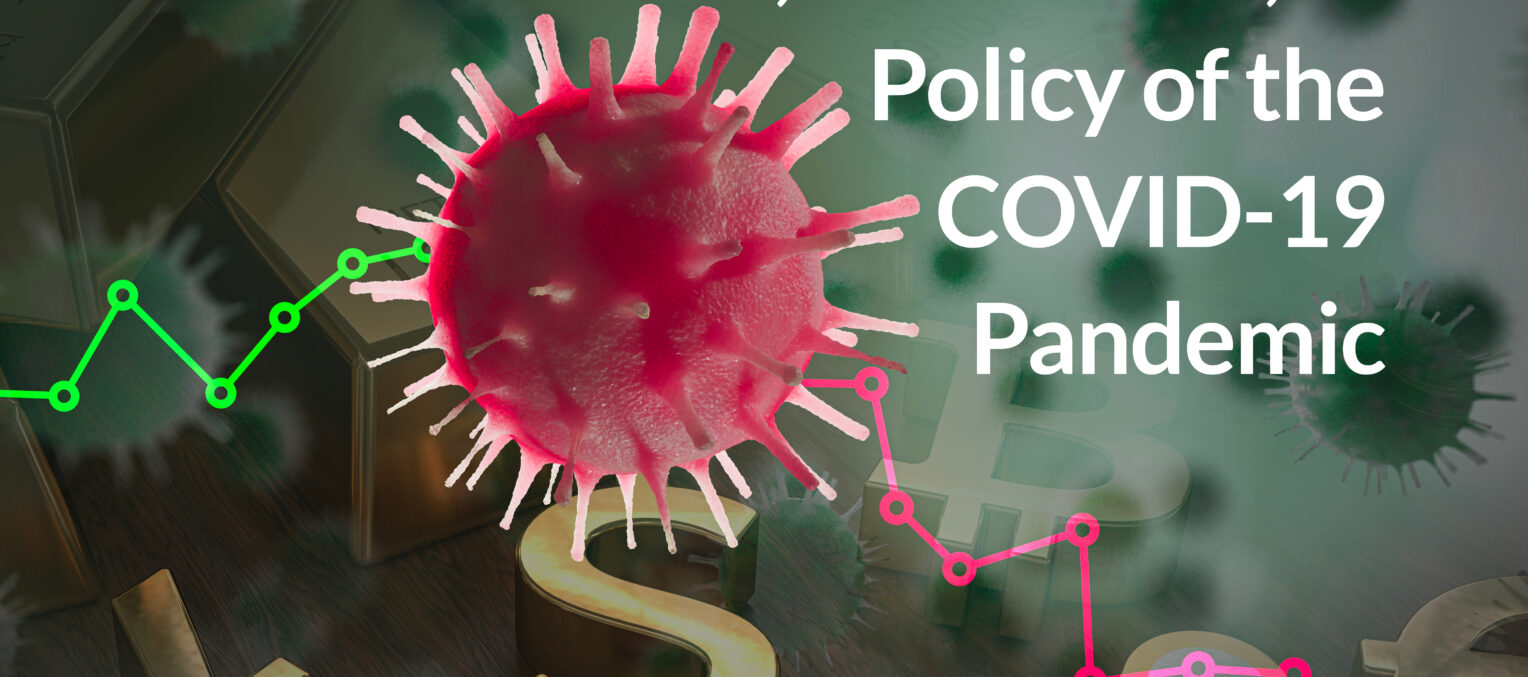
This article is a part of the The Law, Economics, and Policy of the COVID-19 Pandemic symposium.

The public policy community’s infatuation with digital privacy has grown by leaps and bounds since the enactment of GDPR and the CCPA, but COVID-19 may leave the most enduring mark on the actual direction that privacy policy takes. As the pandemic and associated lockdowns first began, there were interesting discussions cropping up about the inevitable conflict between strong privacy fundamentalism and the pragmatic steps necessary to adequately trace the spread of infection.
Axiomatic of this controversy is the Apple/Google contact tracing system, software developed for smartphones to assist with the identification of individuals and populations that have likely been in contact with the virus. The debate sparked by the Apple/Google proposal highlights what we miss when we treat “privacy” (however defined) as an end in itself, an end that must necessarily trump other concerns.
The Apple/Google contact tracing efforts
Apple/Google are doing yeoman’s work attempting to produce a useful contact tracing API given the headwinds of privacy advocacy they face. Apple’s webpage describing its new contact tracing system is a testament to the extent to which strong privacy protections are central to its efforts. Indeed, those privacy protections are in the very name of the service: “Privacy-Preserving Contact Tracing” program. But, vitally, the utility of the Apple/Google API is ultimately a function of its efficacy as a tracing tool, not in how well it protects privacy.
Apple/Google — despite the complaints of some states — are rolling out their Covid-19-tracking services with notable limitations. Most prominently, the APIs will not allow collection of location data, and will only function when users explicitly opt-in. This last point is important because there is evidence that opt-in requirements, by their nature, tend to reduce the flow of information in a system, and when we are considering tracing solutions to an ongoing pandemic surely less information is not optimal. Further, all of the data collected through the API will be anonymized, preventing even healthcare authorities from identifying particular infected individuals.
These restrictions prevent the tool from being as effective as it could be, but it’s not clear how Apple/Google could do any better given the political climate. For years, the Big Tech firms have been villainized by privacy advocates that accuse them of spying on kids and cavalierly disregarding consumer privacy as they treat individuals’ data as just another business input. The problem with this approach is that, in the midst of a generational crisis, our best tools are being excluded from the fight. Which begs the question: perhaps we have privacy all wrong?
Privacy is one value among many
The U.S. constitutional order explicitly protects our privacy as against state intrusion in order to guarantee, among other things, fair process and equal access to justice. But this strong presumption against state intrusion—far from establishing a fundamental or absolute right to privacy—only accounts for part of the privacy story.
The Constitution’s limit is a recognition of the fact that we humans are highly social creatures and that privacy is one value among many. Properly conceived, privacy protections are themselves valuable only insofar as they protect other things we value. Jane Bambauer explored some of this in an earlier post where she characterized privacy as, at best, an “instrumental right” — that is a tool used to promote other desirable social goals such as “fairness, safety, and autonomy.”
Following from Jane’s insight, privacy — as an instrumental good — is something that can have both positive and negative externalities, and needs to be enlarged or attenuated as its ability to serve instrumental ends changes in different contexts.
According to Jane:
There is a moral imperative to ignore even express lack of consent when withholding important information that puts others in danger. Just as many states affirmatively require doctors, therapists, teachers, and other fiduciaries to report certain risks even at the expense of their client’s and ward’s privacy … this same logic applies at scale to the collection and analysis of data during a pandemic.
Indeed, dealing with externalities is one of the most common and powerful justifications for regulation, and an extreme form of “privacy libertarianism” —in the context of a pandemic — is likely to be, on net, harmful to society.
Which brings us back to efforts of Apple/Google. Even if those firms wanted to risk the ire of privacy absolutists, it’s not clear that they could do so without incurring tremendous regulatory risk, uncertainty and a popular backlash. As statutory matters, the CCPA and the GDPR chill experimentation in the face of potentially crippling fines. While the FTC Act’s Section 5 prohibition on “unfair or deceptive” practices is open to interpretation in manners which could result in existentially damaging outcomes. Further, some polling suggests that the public appetite for contact tracing is not particularly high – though, as is often the case, such pro-privacy poll outcomes rarely give appropriate shrift to the tradeoff required.
As a general matter, it’s important to think about the value of individual privacy, and how best to optimally protect it. But privacy does not stand above all other values in all contexts. It is entirely reasonable to conclude that, in a time of emergency, if private firms can devise more effective solutions for mitigating the crisis, they should have more latitude to experiment. Knee-jerk preferences for an amorphous “right of privacy” should not be used to block those experiments.
Much as with the Cosmic Turtle, its tradeoffs all the way down. Most of the U.S. is in lockdown, and while we vigorously protect our privacy, we risk frustrating the creation of tools that could put a light at the end of the tunnel. We are, in effect, trading liberty and economic self-determination for privacy.
Once the worst of the Covid-19 crisis has passed — hastened possibly by the use of contact tracing programs — we can debate the proper use of private data in exigent circumstances. For the immediate future, we should instead be encouraging firms like Apple/Google to experiment with better ways to control the pandemic.




